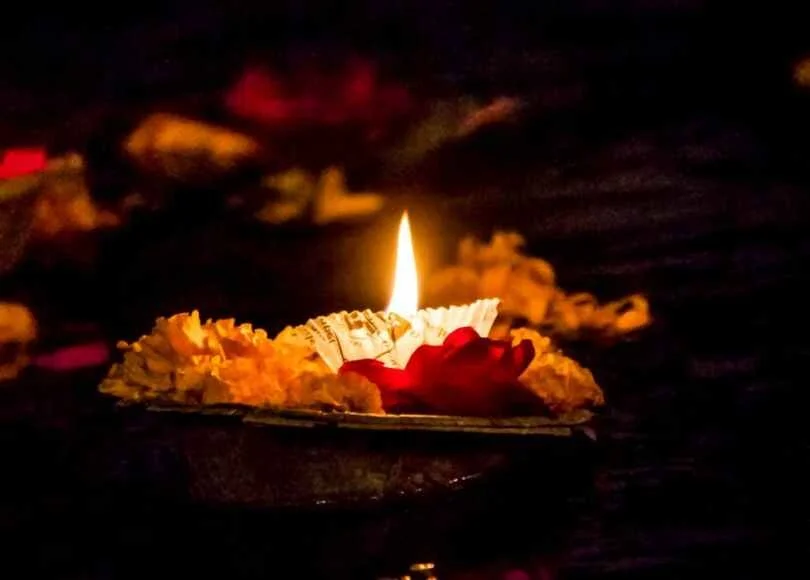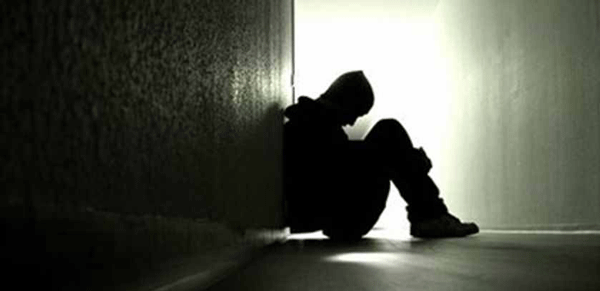“Alienation” is not a phrase you will hear in the mental health field often. If you do, it is commonly related to some mental health condition, such as “her depression led her to be alienated from her work and friends.” Alienation is a symptom in mental health, a result of some more serious condition, such as Bipolar or Major Depressive Disorder.
But as I’ve seen more patients over the years and read and absorbed different points of view, I have come to believe that alienation is its own mental health category. It is marked by a lack of feeling or connection to the world and people around them. It is very much a modern, existential condition. In a world where our work life has little meaning, we tend to disconnect and become alienated to those around us. And it is far more common than you think.







